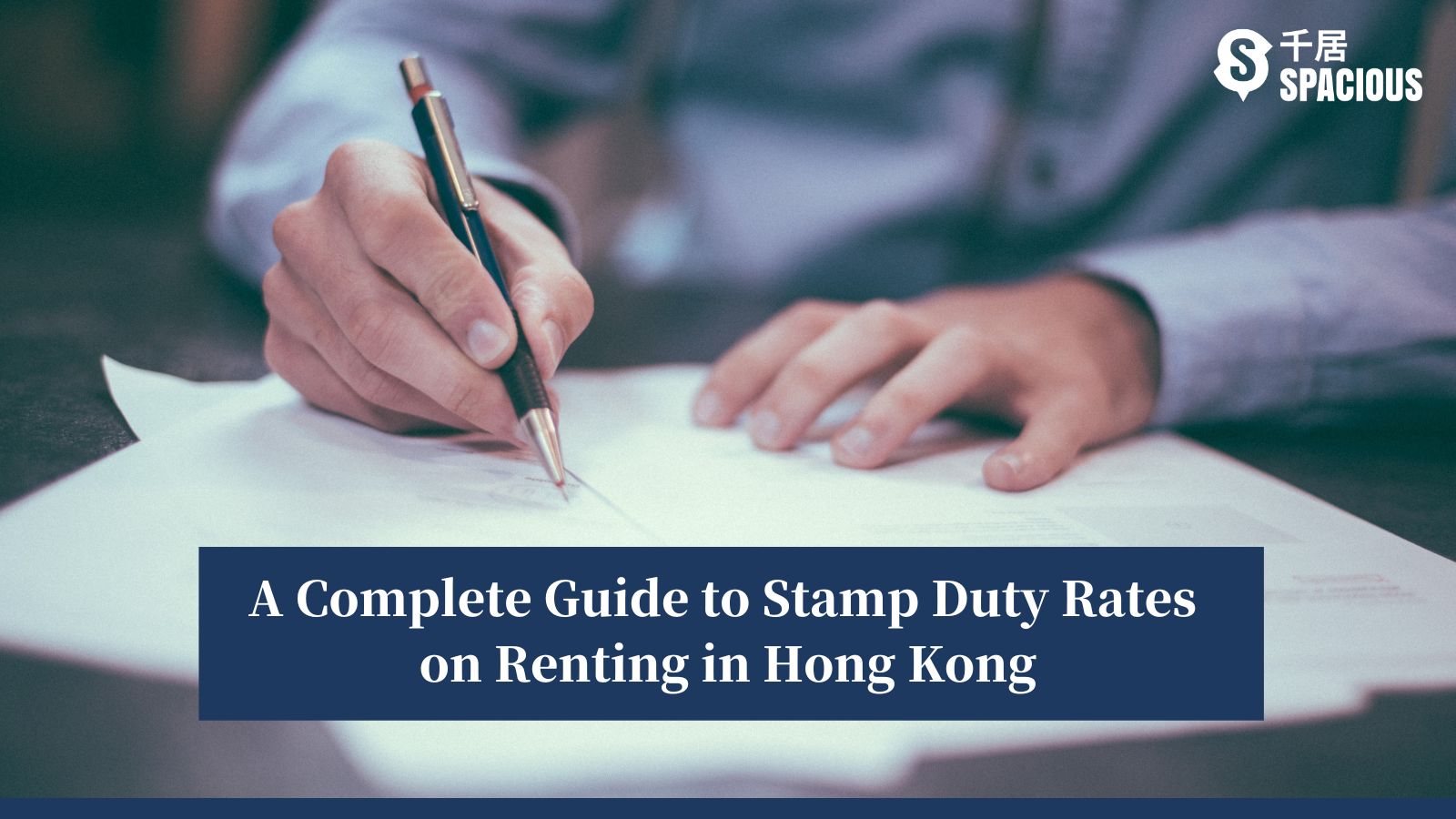
Home insurance provides financial protection against damage to a property and belongings. Whether you are an owner or a tenant, you can take out home insurance according to your needs. However, don’t assume that the fire insurance coverage from your residential building provides the same protection as home insurance.
In fact, even for home insurance, there are two main types, each with different coverage, premium calculation, and compensation amount. To find the right home insurance plan, check out Spacious’ home insurance guide.
Jump to: Home Insurance v.s. Fire Insurance | Coverage of Home Insurance | Premium Calculation | Deductibles | FAQ
Home Insurance v.s. Fire Insurance
Applying for a bank mortgage usually requires the owner to purchase the Building Structure Insurance (aka. fire insurance) as a condition of approval.
Fire insurance mainly covers damage to the home’s structure (e.g. ceilings, walls, and pipes) due to accidents such as typhoons, explosions, or even mudslides and sinkholes. As the loss of personal property inside the unit does not affect the property value, banks do not require owners to purchase home insurance.
Newer properties usually include management fees that cover fire insurance to protect the building structure, including common areas and individual units. Some insurance companies combine home and fire insurance plans into one, while others provide them separately.
Leaking ceilings
Some may wonder whether a claim for a leaking ceiling should be covered by home insurance or fire insurance. Generally, there are two different scenarios to consider.
If water from rain causes the ceiling structure to leak or get dampened, it is more likely to be covered by fire insurance. On the other hand, if water leaks into the neighbor’s unit and damages its ceiling, it is more likely to be covered by home insurance.
Coverage of Home Insurance
Home insurance coverage falls into two categories:
1. Household Property Insurance
It covers loss or damage to household property caused by fire, typhoon, explosion, water damage or leakage, attack, theft, or other accidents. The damage or loss does not necessarily have to occur at home. Household property can include basic furniture, home appliances, and even mobile phones, laptops, tablets, valuable jewellery, and rare wines.
Other covered situations include:
- Accidents during moving that result in property damage (e.g., the sound equipment being damaged due to a truck accident)
- Accidental damage or loss to household property during renovation/maintenance period (e.g., water leakage or credit card theft during renovation)
- Repair of home appliances that have exceeded the warranty period
- Temporary rental fees for residents who have to move out temporarily due to home repairs caused by accidents (e.g., renting a serviced apartment due to a fire) or hiring a feng shui consultant
- Damage to household property stored in a mini storage unit due to accidents
- Personal items of domestic helpers damaged due to accidents
- School bus or lunch fees paid before the suspension of classes due to epidemics
2. Personal Liability Insurance (Third-Party Liability Insurance)
If a resident’s negligence causes damage to another person’s property or bodily injury, the insurance will assume the compensation responsibility. For example, if a resident’s cigarette butt causes a fire that damages neighbouring units.
Current home insurance plans provide comprehensive coverage, and even offer global protection. Even if the insured residents are not at home, any loss of personal property or damage caused by their negligence to others’ property or bodily injury anywhere in the world can also be covered.
Other covered situations include:
- Pet accidents that cause injury or property damage to third parties
- Tenant’s personal negligence causing injury or property damage to third parties
- Domestic helpers causing injury or property damage to others due to their personal negligence during work
- Third-party legal liability caused by a contractor during unit construction
Find or sell properties on Spacious
Premium Calculation
Home insurance usually calculates premiums based on the unit’s floor area, with larger areas resulting in higher premiums. Premiums generally range from $1,000 to $4,000. If you hire domestic helpers or need to pay additional fees for each helper, the amount is usually small, around several dozen dollars per month.
Deductibles (aka. Insurance Excess)
Let’s say your policy specifies a coverage limit of $20,000. If your home is burglarized and your TV is stolen, does that mean you will receive the entire coverage amount?
Like other insurance policies, the coverage limit only represents the maximum amount, and the actual claim amount depends on the circumstances.
Home insurance policies typically have a deductible, which is the amount that the policyholder must pay out of pocket. For example, if you are eligible for a $10,000 compensation claim, and the deductible is $2,000, this means that the policyholder must pay the insurance company $2,000 before receiving the remaining $8,000 of compensation.
Therefore, when comparing home insurance plans, it is important to pay attention to the deductibles of each plan. Generally, the lower the premium, the higher the deductible.
Similarly, when searching for a property, one should not only focus on the property price but also other factors such as unit size, design, floor level, and surrounding environment.
If you are searching for a property across different neighbourhoods, go to Spacious to discover a wealth of properties listed for sale.
Find or sell properties on Spacious
FAQ
What situations are generally not covered by home insurance?
Situations include legal liability arising from the demolition of illegal structures, natural wear and tear of property, war, terrorist attacks, sound waves, pollution, etc.
Will home insurance cover loss or damage of a rented property?
Some insurance plans protect owners from rental income loss caused by tenants violating lease terms.









